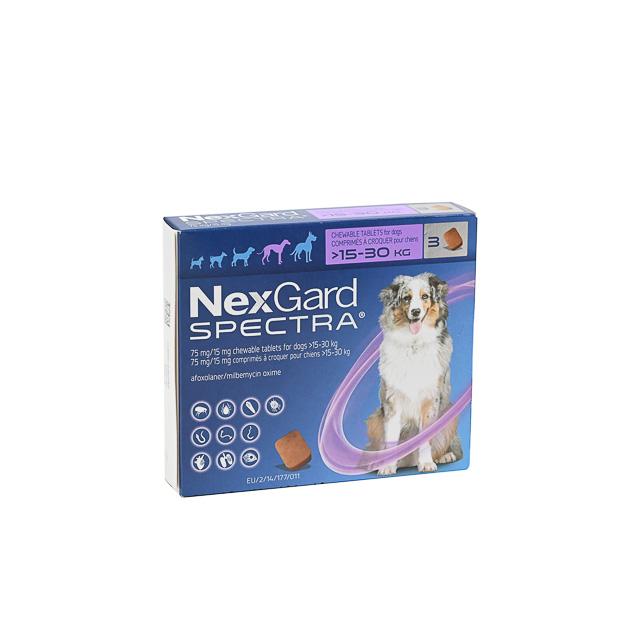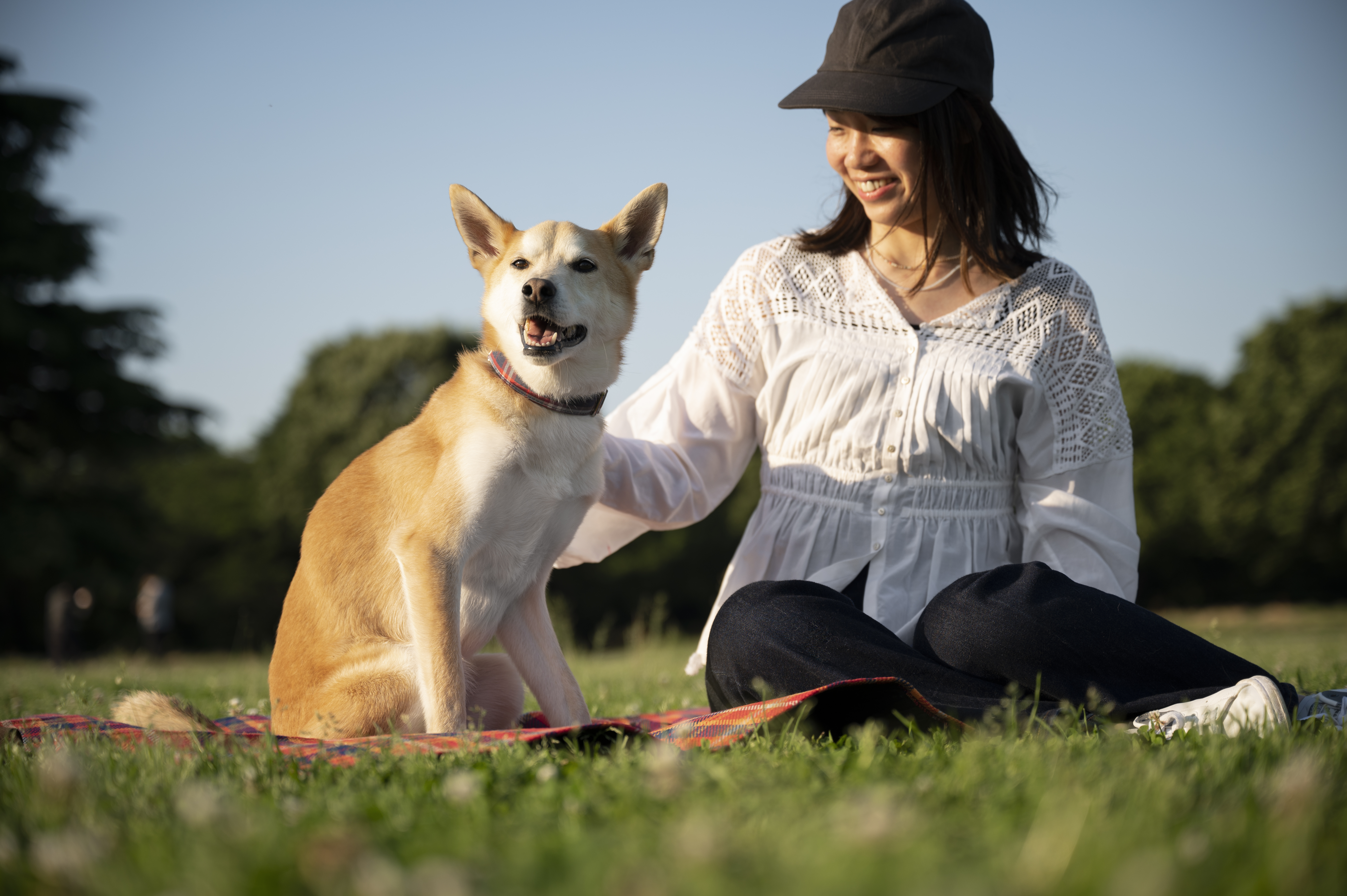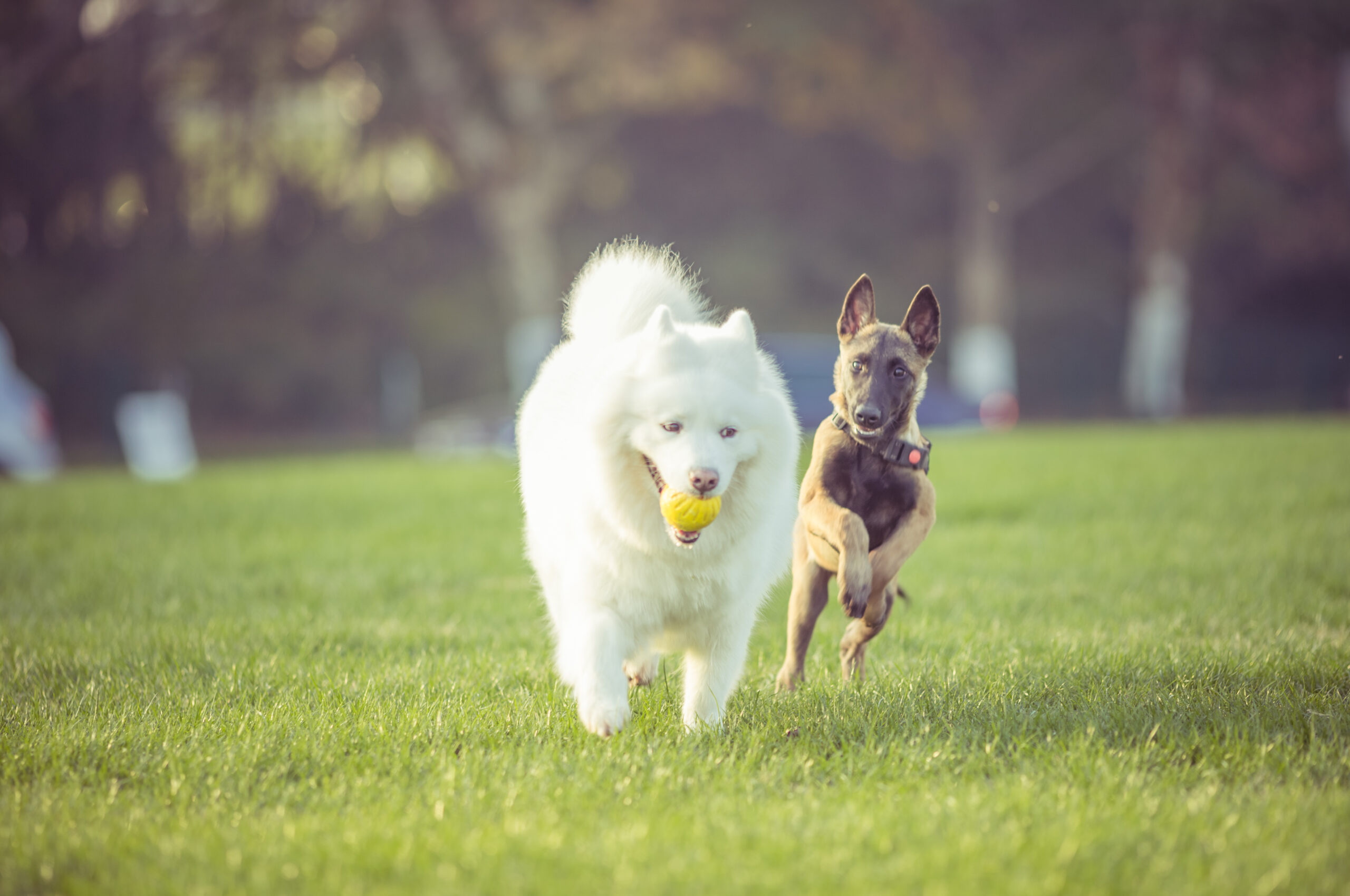Our furry friends may not be able to describe how they’re feeling, but there are a couple of tell-tale signs that owners can observe and be aware of early to make sure that their issues are taken care ofs. Here are nine signs that you should be on the lookout for to ensure that your dog gets the help that it needs!.
1. General behaviour: Is your dog acting aggressive for no reason?
Pain can cause irritability in dogs. Start paying attention to whether your dog is frequently barking unnecessarily, snapping and biting, as it might be a sign that something is up in their system. Other common behaviours that signify that something is a little off include hiding and neglecting normal grooming habits.
2. Lethargy: Notice whether there is a steep drop in energy levels
It’s worth bringing your puppy to the vet if you notice that they are not being their usual active selves. Fatigue occurs when your dog’s body is slowly running out of steam or fighting an infection, so you should also keep an eye on whether your dog is sleeping longer than normal.
Also observe whether your dog starts showing signs of stiffness – for example if they show difficulty in getting up or climbing stairs. Difficulty rising or mobility issues can be a precursor to degenerative bone problems such as arthritis.
3. Appearance: Observe their fur coat, and more importantly their gums
Fur coats often reflect on general health and vigor in dogs. If you notice that your dog’s fur is dull, thin or has a lifeless look to it, it could be linked to poor nutrition.
Many vets advise that gums act as a first signal of health issues – so when you first adopt your pup, make sure you are well aware of what its colour is normally. If your dog’s gums are too red, too dark, too blue, or too white, then it’s healthcould be in trouble. While you’re at it, take a whiff of their gums, as swollen gums together with bad breath is a symptom of gum or other dental diseases.
4. Skin conditions: Excessive licking could be an indicator of skin allergies
If you notice that your dog is grooming more than usual, it could be a sign of skin allergies. Alternatively, pay attention if they are licking particular parts of their body – it could give an indication of pain in a particular limb as they are trying to soothe it. Persistent itching, sores or lumps can be linked to an allergic reaction to fleas, ticks, mange and ear mites. Bald patches, fur loss and too much shedding can also be red flags, so consult your vet as soon as you can.
5. Respiratory problems: Listen to whether they are coughing regularly, or whether they have trouble breathing
Wheezing, frequent panting or shortness of breath may prevent your dog from getting enough oxygen into their bloodstream. Laboured breathing can be the source of a couple of illnesses, such as heart and lung disease. Other less common possibilities are kennel cough or other allergies.
6. Tummy problems: Note changes in appetite, weight and abdomen
A temporary loss of appetite shouldn’t cause major concern, sometimes your dog could be a bit stressed due to new surroundings and would want to put food off for a bit. However, If your dog is refusing to eat for longer periods of time, there may be underlying causes so it’s worth taking your pet for a vet visit. Loss of appetite could root from bacterial or viral infections, an upset stomach to kidney problems.While rubbing on your puppy’s stomach, also notice if it has a swollen abdomen as a physical indication of stomach problems.
7. Vomit: Vomiting is a sign with many root causes
If your dog has isolated incidents of throwing up, but it continues eating with normal bowel movements, it might just be a one-off situation. But if your dog is vomiting and also not eating, you should consult vet advice to rule out serious conditions. Puppies can also vomit because of dog motion sickness – it’s quite common for young dogs to get car sick from the motion, stress and excitement.
8. Diarrhoea: Bring dog to the vet if bowel problems persist for 48 hours
Diarrhoea together with vomiting could be the first signs of poisoning. Aside from diarrhoea which could suggest a stomach bug, also be wary if there is presence of blood or mucus on their stool which could lead to something more serious – in this case, take a fresh stool sample to your vet for clarification.
9. Drinking and urinating habits: Be attentive to changes in frequency of drinking and urinating habits
Increased urination could be a symptom of liver, kidney or adrenal gland disease. On the other hand, too little urination could signal a urinary tract problem or bladder stones. On the topic of hydration, excessive salivation could also be an indication of heatstroke.
If you’re ever in doubt, it’s always safer to consult your vet for advice – no issue or question is too insignificant because it could lead to something major later on. If you would like to consult a vet at the quickest convenience, video consultations are a quick and easy way to put your pup and your mind at ease. Find out about our services on https://www.zumvet.com/.













